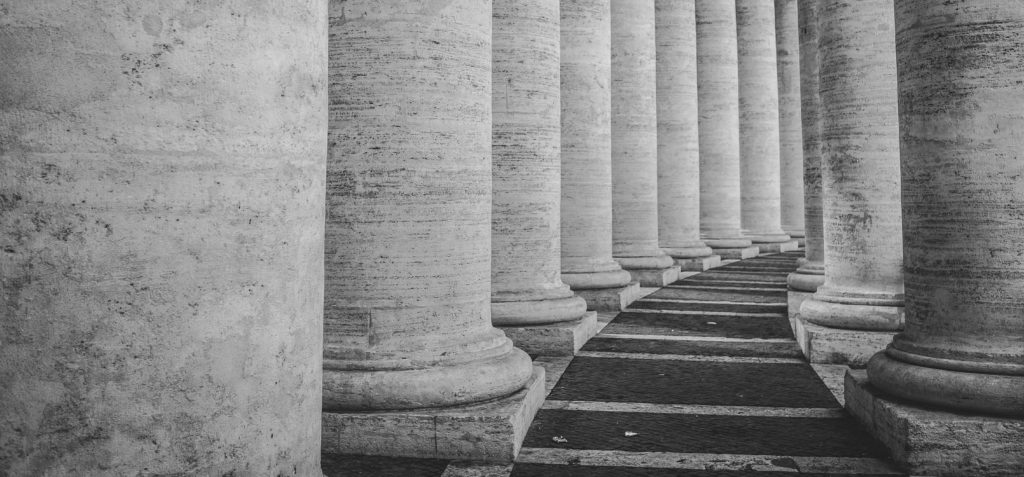Real Estate Law
If you have debt that cannot be discharged or are a homeowner who wants to save their property, you may want to look into whether you are eligible to file for Chapter 13 bankruptcy. Chapter 13 bankruptcy is also known as reorganization bankruptcy. It allows debtors to complete a repayment plan where they restructure their debts and make monthly payments over a certain period of time. There are several advantages to this type of bankruptcy. Before you decide to file, there are several things about Chapter 13 bankruptcy that you should be aware of.
What is Chapter 13 Bankruptcy
As a lawyer can tell you more about, another name for Chapter 13 bankruptcy is when debtors are permitted to reorganize their debts. This affords them the ability to actually complete their payments. Your monthly payment may be reduced so that they can be better managed. Chapter 13 also allows those who own a home to stop the foreclosure process, which is known as an automatic stay.
Eligibility
Different types of bankruptcy each have different sets of criteria and eligibility requirements, as you can learn from a seasoned Chapter 13 bankruptcy lawyer. Many people who do not qualify for Chapter 7 bankruptcy, or liquidation, end up qualifying for Chapter 13 bankruptcy. If your income is too large to be eligible for Chapter 7 bankruptcy or have many debts that are not considered unsecured, you may be able to qualify for Chapter 13 bankruptcy. If you would like to learn more about what goes into eligibility for Chapter 13 bankruptcy, a lawyer can provide you with more information according to our friends at Therman Law Offices, LTD.
Repayment Plans
Individuals who declare Chapter 13 bankruptcy must complete a repayment plan. Their debts are restructured so that the monthly payment is much lower and easier to pay each month. The monthly payment depends from person to person. Factors that influence your repayment plan include your income, amount of debt, type of debt, and others. Debtors will be monitored to ensure that they are staying on top of their payment schedule.
Completion Time
Unlike Chapter 7 bankruptcy, the debts are not wiped away immediately. Chapter 13 bankruptcy takes a much longer time to complete, so if you are thinking of filing do not expect a speedy process. Debtors must make monthly payments for an average of three to five years. The time it takes to complete the bankruptcy process depends on several factors, primarily your income. The court will compare your income to the median income as dictated by the means test.
After Bankruptcy Is Complete
It can be hard to predict what happens once bankruptcy is complete, but declaring bankruptcy allows you to start a clean slate and make progress on new financial goals. Once you finish the process for Chapter 13 bankruptcy, you can work on new tasks such as building up your credit score and creating a new budget that works for you. Eventually, your credit score will recover and you can return to a better financial position.
To learn more about what Chapter 13 bankruptcy can do for you, set up an appointment with a qualified lawyer that many clients trust near you.

